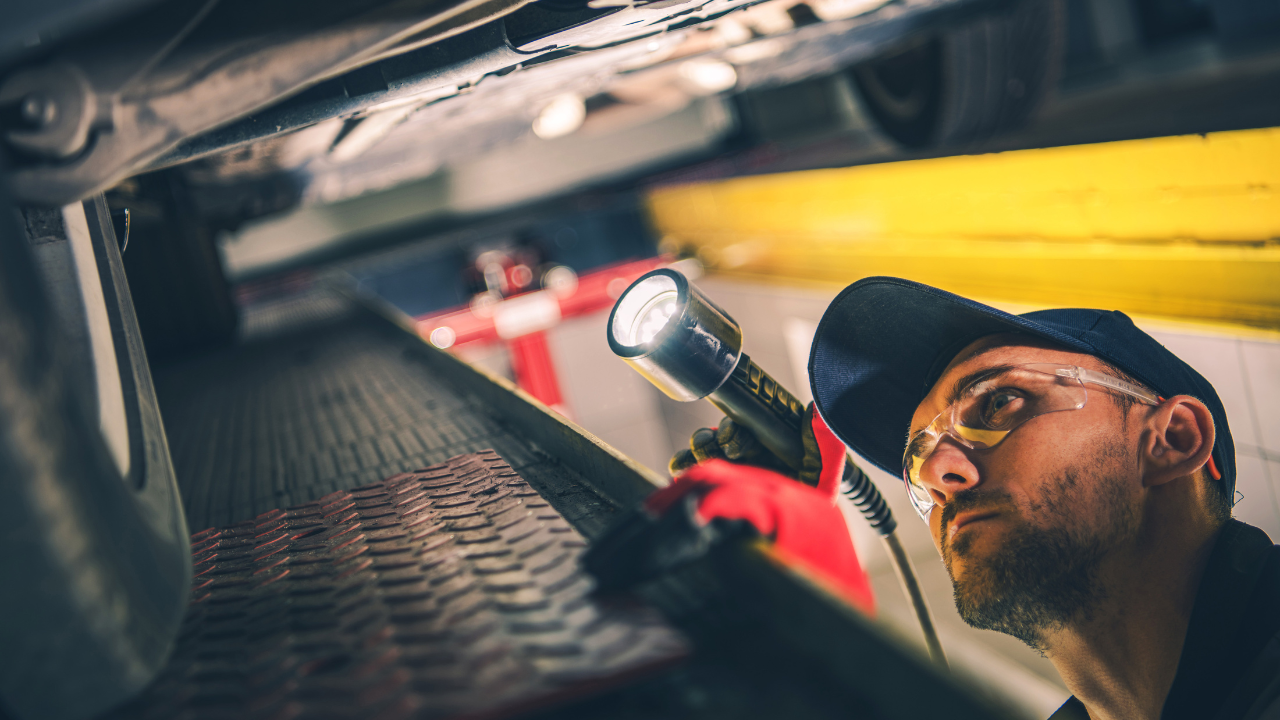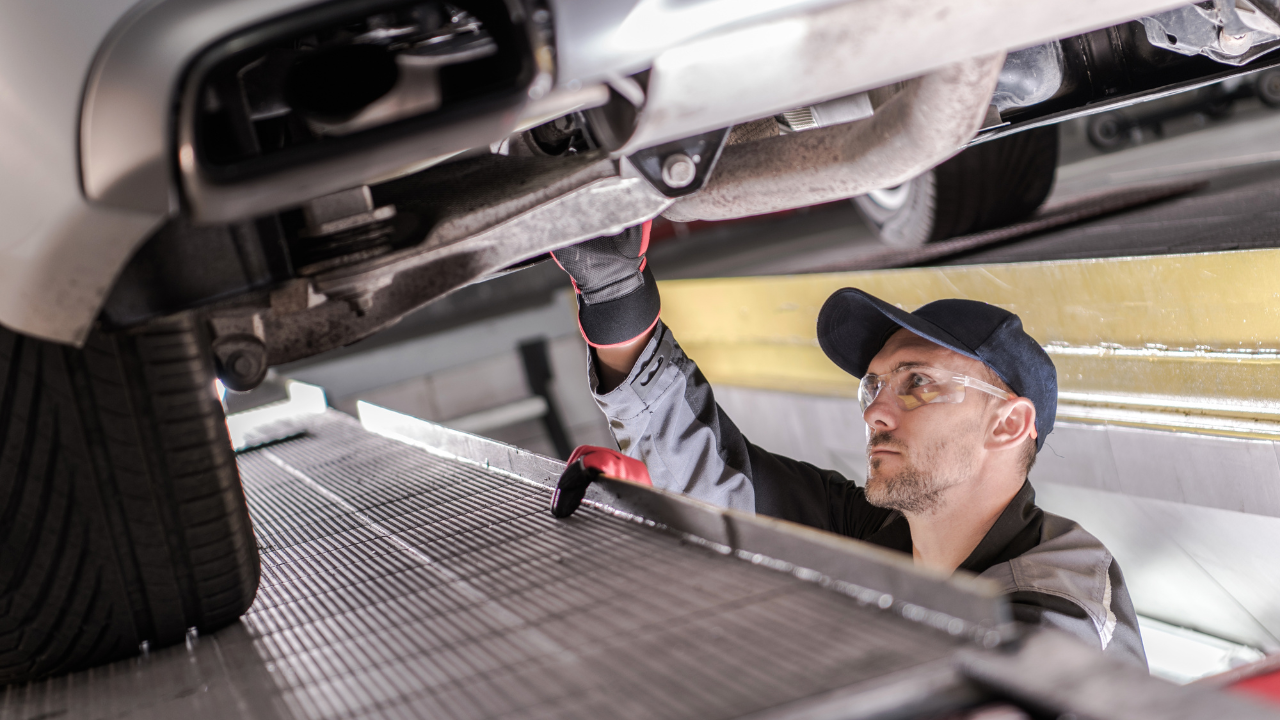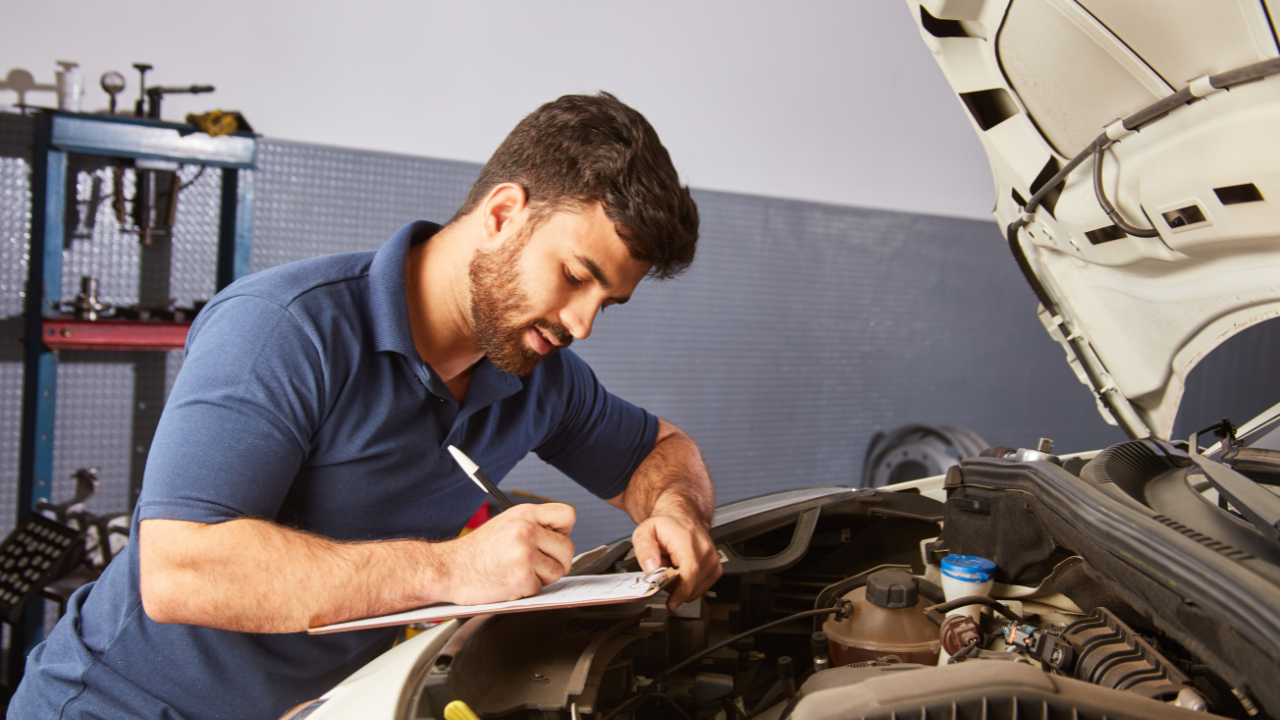Regular car inspections are crucial for maintaining your vehicle’s safety, performance, and longevity. But how often should you get your car inspected? This question is pivotal for every car owner, as it directly impacts the safety of both passengers and others on the road. In this guide, we’ll delve into the factors that determine inspection frequency, regional differences, the importance of inspections, and what you can do to ensure your car remains in top condition. Ready to stay on top of your car’s health? Schedule your next inspection today and remember, for roadside assistance, trust Crossroads Helpline.
The Importance of Car Inspections

Car inspections are not just about adhering to regulations; they are essential for ensuring your vehicle’s safety and performance. A thorough inspection can identify potential issues before they become major problems, saving you both time and money in the long run. From checking brakes and tires to ensuring lights and signals work correctly, inspections cover various critical components.
Regular inspections also contribute to road safety. A well-maintained vehicle is less likely to break down unexpectedly, reducing the risk of accidents caused by mechanical failures. Additionally, emissions inspections help reduce harmful pollutants, promoting a healthier environment. By staying on top of inspections, you’re not only protecting yourself but also other drivers and pedestrians.
Factors Influencing Inspection Frequency

The frequency of car inspections can vary based on several factors. These factors include:
- State Regulations: Each state in the US has its own requirements regarding car inspections. Some states mandate annual inspections for all vehicles, while others may require biennial or more frequent checks. It’s essential to know the specific regulations in your state to avoid penalties.
- Vehicle Age: Older vehicles typically require more frequent inspections. As a car ages, its components wear down, increasing the likelihood of issues. Newer cars, on the other hand, may go longer between inspections, especially if they are well-maintained.
- Driving Conditions: Harsh driving conditions, such as frequent stop-and-go traffic or rough terrain, can accelerate wear and tear on a vehicle. Cars used for towing or hauling heavy loads may also need more frequent inspections.
- Manufacturer Recommendations: Car manufacturers often provide guidelines for maintenance and inspections in the owner’s manual. Following these recommendations can help you determine the ideal inspection schedule for your specific vehicle.
General Guidelines for Inspection Frequency

While specific requirements vary, here are some general guidelines for how often you should get your car inspected:
- Annual Inspections: Many states require annual inspections for all vehicles. This annual check typically includes a comprehensive examination of essential components such as brakes, tires, lights, steering, suspension, and emissions. Even if it is not mandated by your state, an annual inspection is a good practice to maintain your car’s health.
- Biennial Inspections: Some states mandate inspections every two years. These inspections are similar to annual checks but occur less frequently. However, this does not mean you should neglect basic maintenance and checks in between.
- New Cars: New vehicles often come with warranties that require regular maintenance to remain valid. Even if not legally required, it’s advisable to follow the manufacturer’s recommended maintenance schedule, which may include inspections at specific mileage intervals.
- Older Cars: As cars age, they become more prone to issues. If your vehicle is over a certain age or mileage threshold, more frequent inspections—perhaps every six months—can help catch problems early.
Signs Your Car Needs an Inspection Sooner
While following a regular inspection schedule is crucial, there are instances when you should get your car checked sooner than planned. Here are some signs that indicate your vehicle needs immediate attention:
- Dashboard Warning Lights: If any warning lights illuminate on your dashboard, it’s a clear indication that something is amiss. Ignoring these lights can lead to further damage and safety hazards.
- Strange Noises or Vibrations: Unusual sounds such as grinding, squealing, or knocking could signify issues with your brakes, suspension, or engine. Vibrations that weren’t present before can also indicate problems that need inspection.
- Poor Performance: If you notice a decrease in performance, such as difficulty starting the engine, decreased fuel efficiency, or sluggish acceleration, it’s time for a check-up.
- Fluid Leaks: Any leaks underneath your car, whether it’s oil, coolant, transmission fluid, or brake fluid, should be addressed promptly. Leaks can lead to system failures and pose safety risks.
DIY Inspection Tips
While professional inspections are necessary, there are steps you can take to monitor your car’s condition between formal checks:
- Regular Fluid Checks: Periodically check your oil, coolant, transmission fluid, and brake fluid levels. Low levels can indicate leaks or excessive consumption.
- Tire Inspection: Check your tire pressure and tread depth monthly. Uneven wear patterns could indicate alignment issues or suspension problems.
- Lights and Signals: Ask a friend to help you check that all lights, including headlights, taillights, brake lights, and turn signals, are functioning correctly.
- Brake Test: Find a safe location to perform a brake test. Listen for any unusual noises, and ensure your car stops smoothly without pulling to one side.
Conclusion
The frequency of car inspections depends on various factors, including state regulations, vehicle age, driving conditions, and manufacturer recommendations. Regular inspections are crucial for maintaining safety, performance, and environmental standards. Whether your state mandates annual or biennial checks, staying proactive about car maintenance is key to avoiding costly repairs and ensuring a smooth driving experience.
Pay attention to warning signs, follow manufacturer guidelines, and consider the unique needs of your vehicle to determine the best inspection schedule. By doing so, you’ll not only protect your investment but also contribute to safer roads for everyone. Don’t wait until it’s too late. Book your car inspection now and ensure safe travels. And for emergencies on the road, keep Crossroads Helpline handy.

